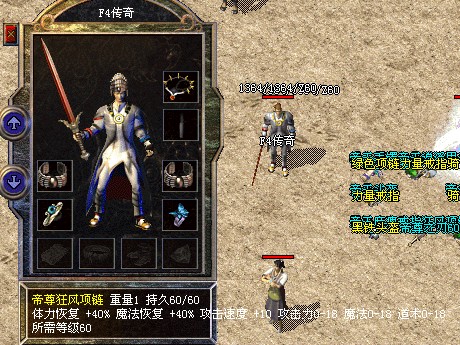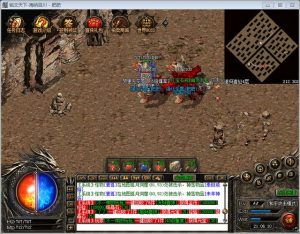师父: The Importance of Master-Disciple Relationships in Chinese Culture
In traditional Chinese culture, the concept of 师父 (shīfù), which translates to "master" or "teacher," carries significant weight. This term extends beyond mere instruction; it embodies a relationship of deep respect, guidance, and mentorship between a teacher and a student, akin to a family bond.
Understanding the Role of 师父 in Chinese Culture
In China, the term 师父 is not merely used for academic teachers but also spans various arenas, including martial arts, arts, and crafts. The 师父 imparts knowledge and skills while also nurturing moral and ethical values in the disciple (弟子, dìzǐ). This concept reflects the broader Confucian ideals where education transcends intellectual growth, encompassing character development and moral integrity.

The role of a 师父 is multifaceted. They serve as instructors, mentors, and sometimes even spiritual guides. By learning under a 师父, students embrace a process that not only involves acquisition of technique but also a deep, philosophical understanding of their chosen discipline. The relationship is built on trust, respect, and an unerring commitment to mastery.

The Traditions Associated with the 师父-弟子 Relationship
The 师父-弟子 relationship is steeped in rich traditions that have evolved over centuries. Initiation rituals often accompany the formal acceptance of a student, signifying the start of a disciplined journey. In martial arts schools, for example, a student may kneel before their 师父 to express respect and gratitude, allowing a sacred bond to form. This act is not just a formality; it is a pivotal moment defined by commitment and reverence.
Furthermore, the 师父 takes on significant responsibility for their students. They are expected to not only teach but also to guide their disciples through the moral and ethical dilemmas that arise within their field. It is common for a 师父 to instill values such as loyalty, honor, and humility, essential traits that extend beyond the confines of their artistic discipline.
Modern Interpretations and Adaptations of the 师父 Concept
In contemporary China and among Chinese communities worldwide, the significance of 师父 has adapted, yet its core values remain unchanged. The relationship is not limited to formal education but extends to various aspects of life, including corporate sectors and mentoring programs. Professionals often seek out seasoned mentors to guide them through career advancements and industry challenges, replicating the traditional 师父-弟子 dynamic in modern contexts.
Additionally, globalization has introduced the concept of 师父 to diverse cultures around the world. Individuals drawn to martial arts, traditional Chinese medicine, or calligraphy increasingly seek out 师父 figures, leading to a cross-cultural exchange of knowledge and philosophy. This has allowed the 师父 concept to maintain relevance while expanding its reach and understanding among diverse populations.
Challenges and Misconceptions about the 师父 Relationship
While the 师父-弟子 relationship is celebrated, it is not without challenges. Misconceptions often arise about the level of authority a 师父 holds. In some instances, there can be an undue expectation for a disciple to be subservient, leading to unhealthy dynamics. It is crucial for both the 师父 and the 弟子 to maintain open communication, ensuring mutual respect and understanding underpins their relationship.
Moreover, the rise of digital platforms has changed how knowledge is shared. Online tutorials and virtual learning sometimes create an illusion that mastery can be achieved without the traditional 师父-弟子 relationship. In reality, many advanced disciplines still require personal interaction and guidance that can only be delivered through the deep, personal connection inherent in the 师父 model.
The Future of the 师父 Tradition
As society evolves, the role of 师父 continues to adapt to new challenges and changes in educational paradigms. The increasing value placed on mentorship in workplaces and educational institutions suggests that the 师父-弟子 relationship will remain a vital aspect of personal and professional growth. There is a growing recognition of the importance of experienced mentorship in achieving excellence and character development.
Looking ahead, interdisciplinary approaches that combine traditional teachings with modern tools hold promise for revolutionizing the 师父 concept. By embracing technology while preserving the integrity and values of the traditional relationship, we might witness a renaissance of this age-old practice, making it more accessible and relevant to future generations.
Conclusion
The concept of 师父 transcends generations and cultures, emphasizing the importance of mentorship, respect, and the pursuit of mastery. As the dynamics of society transform, maintaining and adapting these valuable relationships will be essential for preserving not only skills and knowledge but the moral and ethical foundations that underpin them. Whether in traditional crafts, martial arts, or contemporary fields, the spirit of the 师父 continues to inspire individuals on their paths toward mastery and self-discovery.

师父: The Importance of Master-Disciple Relationships in Chinese Culture:目前有0条评论